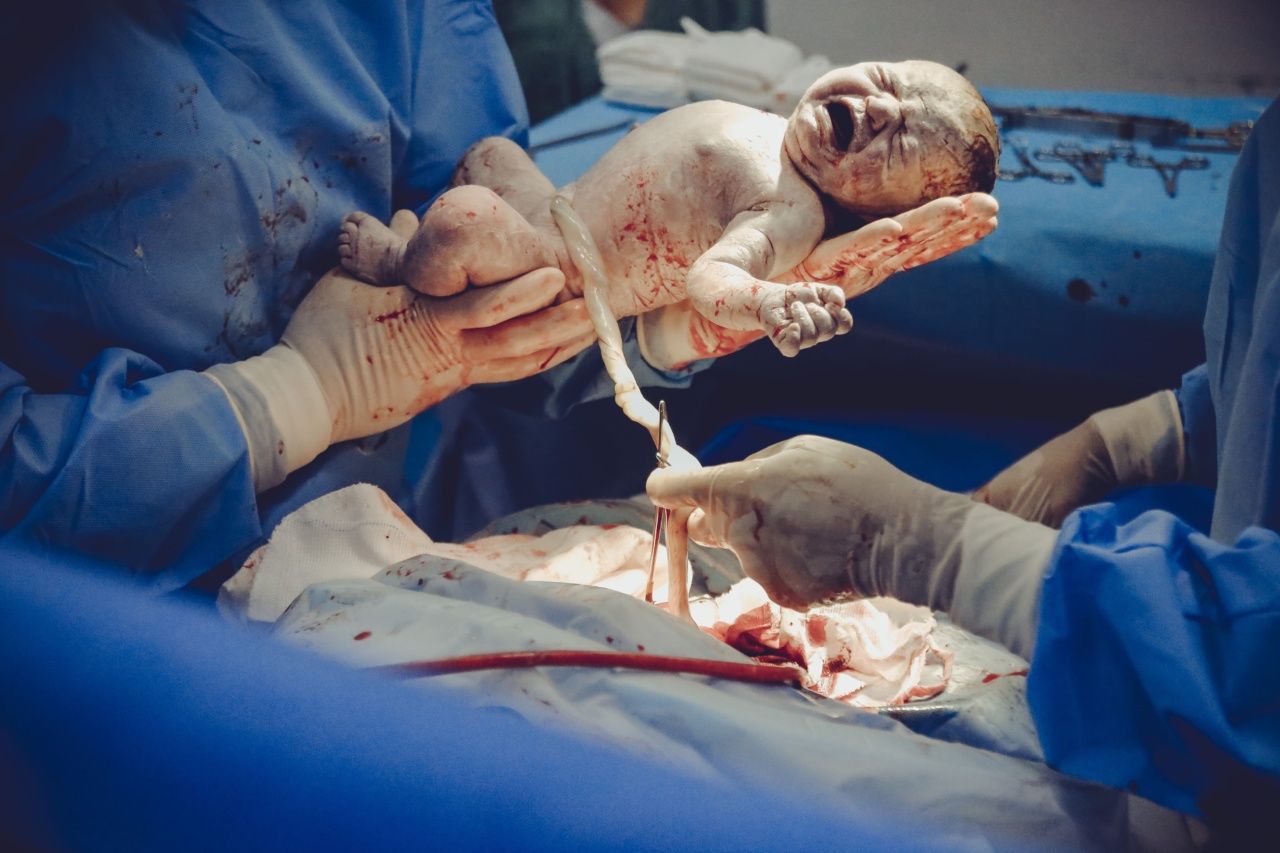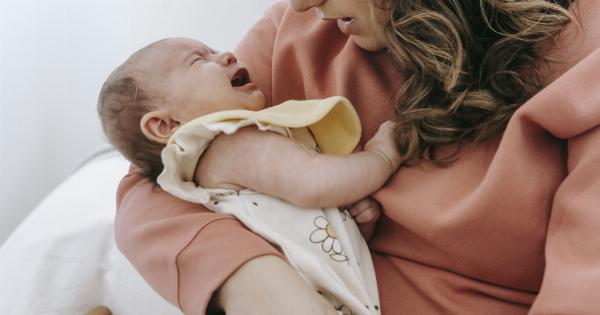Crying is one of the most common ways for a newborn to communicate with the world around them.
Right after birth, crying is a common occurrence, but is it normal for every baby to cry? In this article, we will discuss whether it is normal for all babies to cry right after birth and what causes this crying.
Why Do Babies Cry After Birth?
Babies cry after birth for various reasons. The first reason is the need to clear the lungs of amniotic fluid that has been for oxygen uptake during pregnancy. Secondly, infants cry to communicate their need for food.
They may also cry when they are cold, or when they need a diaper change. Most importantly, crying is a healthy sign for a baby to indicate optimal health and functionality.
Is Crying Normal for All Babies After Birth?
Yes, it is normal for all babies to cry right after birth. The first cry heard at birth is medically essential, as it indicates a healthy baby with functioning respiratory and cardiovascular systems.
Crying is an instinctive reflex because the baby’s environment changes instantly after birth, and crying is the way of adapting to the new environment. Therefore, it is safe to say that crying is a normal occurrence for all babies after birth.
What Does It Mean If A Baby Does Not Cry After Birth?
While it is normal for a baby to cry after birth, some babies do not cry right after delivery.
Some reasons why a newborn may not cry after birth include the interruption of the nerve pathways responsible for the crying reflex, too much calcium or magnesium in the baby’s blood or lack of oxygen during delivery. A baby that does not cry after birth may suffer from medical complications, and it is vital to seek medical attention immediately.
What Can You Do If Your Baby Cries Non-Stop After Birth?
If your baby cries non-stop after birth, there are some things you can do to soothe them. One way is to swaddle your baby, which helps them feel secure and comfortable.
You can also rock your baby while holding them, which can mimic the motion of the womb. Additionally, providing skin-to-skin contact can help calm down a crying baby and ease them into sleep. However, it is vital to remember that excessive crying may indicate an underlying health issue and seek medical attention, if necessary.
The Bottom Line
Crying is a natural occurrence for all babies after birth, indicating good health and functionality. It serves as a way for a newborn to adjust to new sights, sounds, and experiences. Therefore, it’s normal to hear your baby cry right after birth.
However, constant crying may indicate an underlying medical problem, and you should seek medical attention if necessary.
FAQs
Why Do Babies Cry After Birth?
Babies cry after birth to breathe in air and clear their lungs from amniotic fluid. They also cry to communicate their needs like hunger, sleep, or discomfort, and as a response to the new environment of the world.
What Does The First Cry Of A Baby Mean?
The first cry of a baby means that the baby has a healthy respiratory and cardiovascular system. It is an indication of optimal health and functionality.
What Should I Do If My Baby Cries Non-Stop After Birth?
If your baby cries non-stop after birth, first try soothing them by swaddling, rocking, and skin-to-skin contact. If the crying persists or is excessive, it is essential to seek medical attention to check for underlying medical problems.
Is It Normal For A Newborn To Cry All The Time?
No, it is not normal for a newborn to cry all the time. While crying is a natural occurrence, constant crying can indicate there may be an underlying health problem.
What If My Baby is Not Crying After Birth?
A baby may not cry after birth due to medical complications. In such cases, prompt medical attention is necessary to determine and address the cause of the lack of crying.
The Final Verdict
In conclusion, crying is a normal occurrence for all babies right after birth, and it indicates optimal health and functionality.
It is a reflex that helps adjust to the new environment, and while it may be concerning to a new parent, it is entirely natural. Therefore, you must keep an eye on your baby’s crying and seek medical help if necessary to ensure your baby’s proper health and development.































